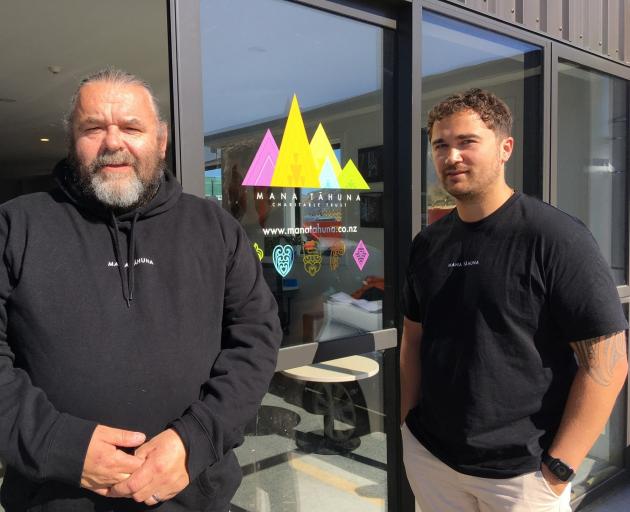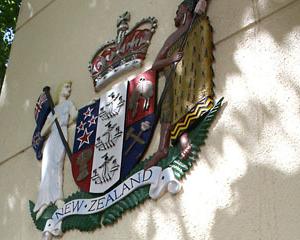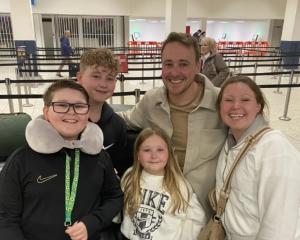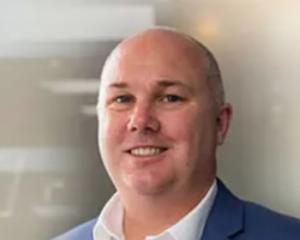
The Mana Tāhuna Charitable Trust has been providing drug and alcohol counselling and community work services since last year.
Chief executive Mike Rewi said they were the result of requests from the police and Department of Corrections to support Māori and Pasifika offenders after they had been sentenced.
It had started the services, which were "horrendously underfunded" throughout the country, by drawing on its other funding sources, and donations.
"We are pretty bad at saying no."

The demand for them was the result of a post-Covid influx of Māori and Pasifika into the district for work, particularly in construction, Mr Rewi said.
Many had left their families or support networks for the first time, had become caught up in Queenstown’s drinking culture, and struggled to find stable accommodation.
Although Māori made up 5% of the district’s population, their offending rate was between 15 and 20%, he said.
The community work programme began 18 months ago, running every Saturday, and included native tree planting, building predator traps and chopping wood.
Seven tonnes of firewood cut from felled pest willows had been distributed to families this year.
After being asked if it could set up a kaupapa Māori drug and alcohol programme — applying Māori philosophy and principles — the trust recruited a social worker in May last year. With in-kind funding and philanthropy, the programme provides one-on-one and group sessions focused on drug and alcohol issues, and anger management, for offenders referred by the police or courts.
Mr Rewi said it was working with 13 to 15 people at any one time, and "constantly getting referrals".
Although originally aimed at Māori and Pasifika, it was available to "anyone who may align more with the kaupapa Māori approach".
"We have Pākehā coming and immigrants, such as South Americans, who align more with the kaupapa Māori approach and the way we do things here."
"For Māori specifically, we look at their whakapapa, and what might have caused, intergenerationally, their issues with alcohol or drugs."
The programme’s goal was a 100% non-reoffending rate in the 12 months after completion.
To achieve that, it went beyond a weekly one-on-one counselling session.
"It’s pastoral support ... is the underlying issue your employment? Is it financial stress? Can we get some financial literacy under your belt?
"I’m not saying other organisations don't do that, but essentially we try to wrap around them."
— Guy Williams, PIJF court reporter







